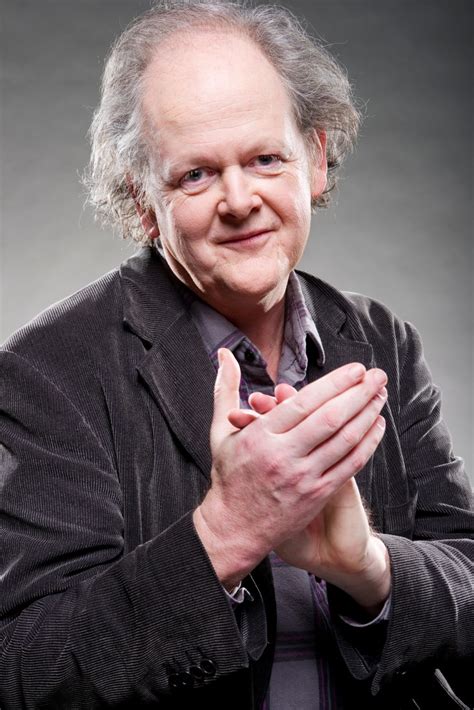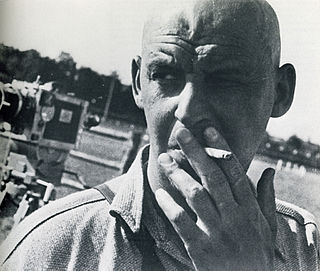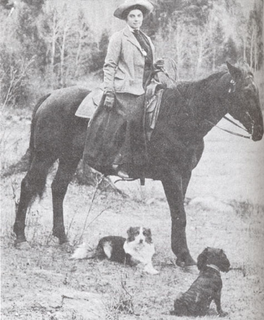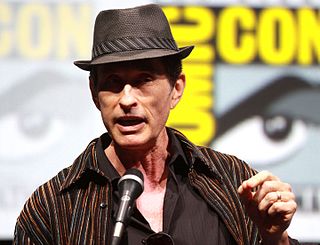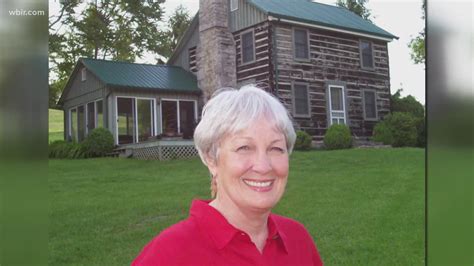A Quote by John Dryden
Related Quotes
Man never ceases to seek knowledge about the objects of his experiences, to understand their meaning for his existence and to react to them according to his understanding. Finally, out of the sum total of the meanings that he has deduced from his contacts with numerous single objects of his environment there grows a unified view of the world into which he finds himself "thrown" (to use an existentialist term again) and this view is of the third order.
The house begins to be a home. The unfamiliar places are beginning to fold the familiar objects into their keeping and to cozy them down. Objects that swore at each other when the movers heaved them into the new rooms have subsided into corners and sit to lick their feet and wash their faces like cats accepting a new home.
When people are too present, too familiar or too in our face, something happens to us psychologically. We begin to tune them out, we begin to get sick of them, we begin to know them so well and become so familiar with who they are that we loose a bit of respect for them. You pass a certain threshold with the fact that you're too present in their lives, too much in their face and once that threshold is passed you're never going to repair it they have lost a certain respect for you.

